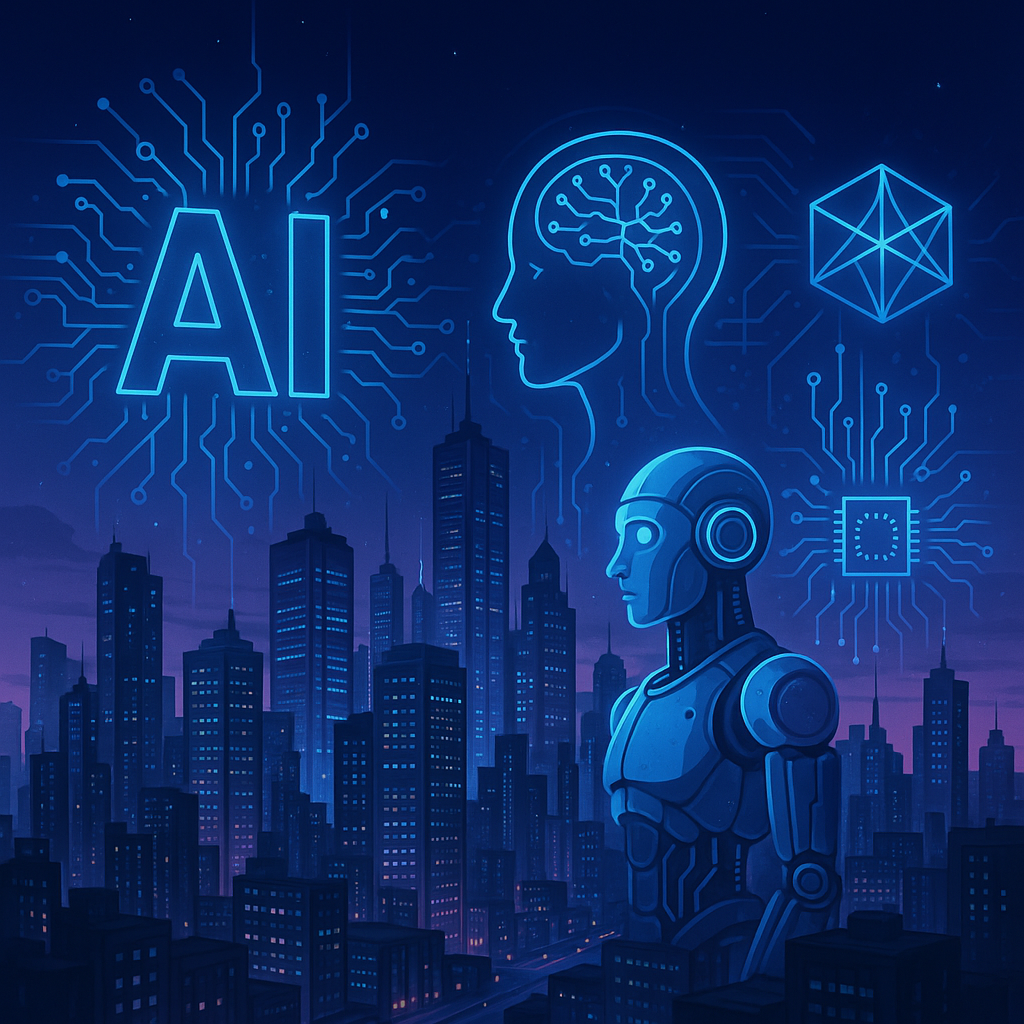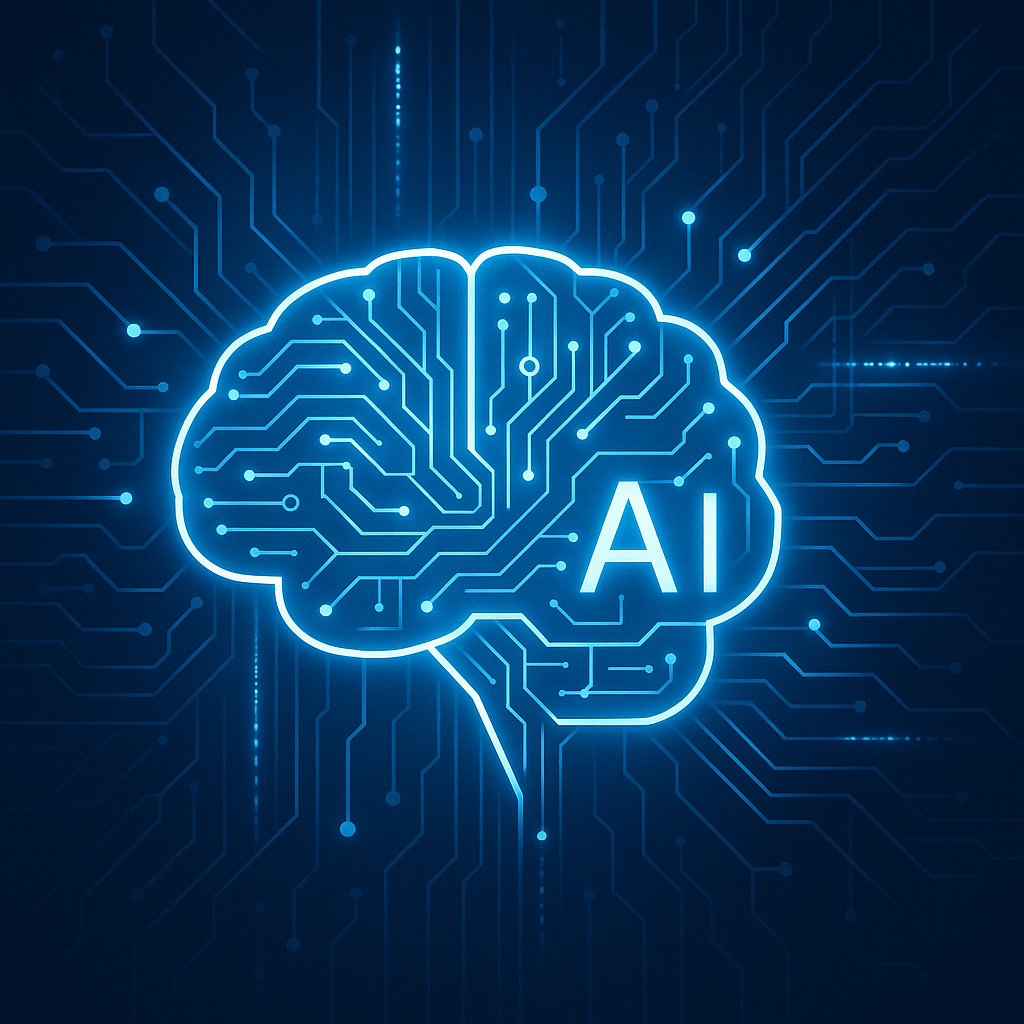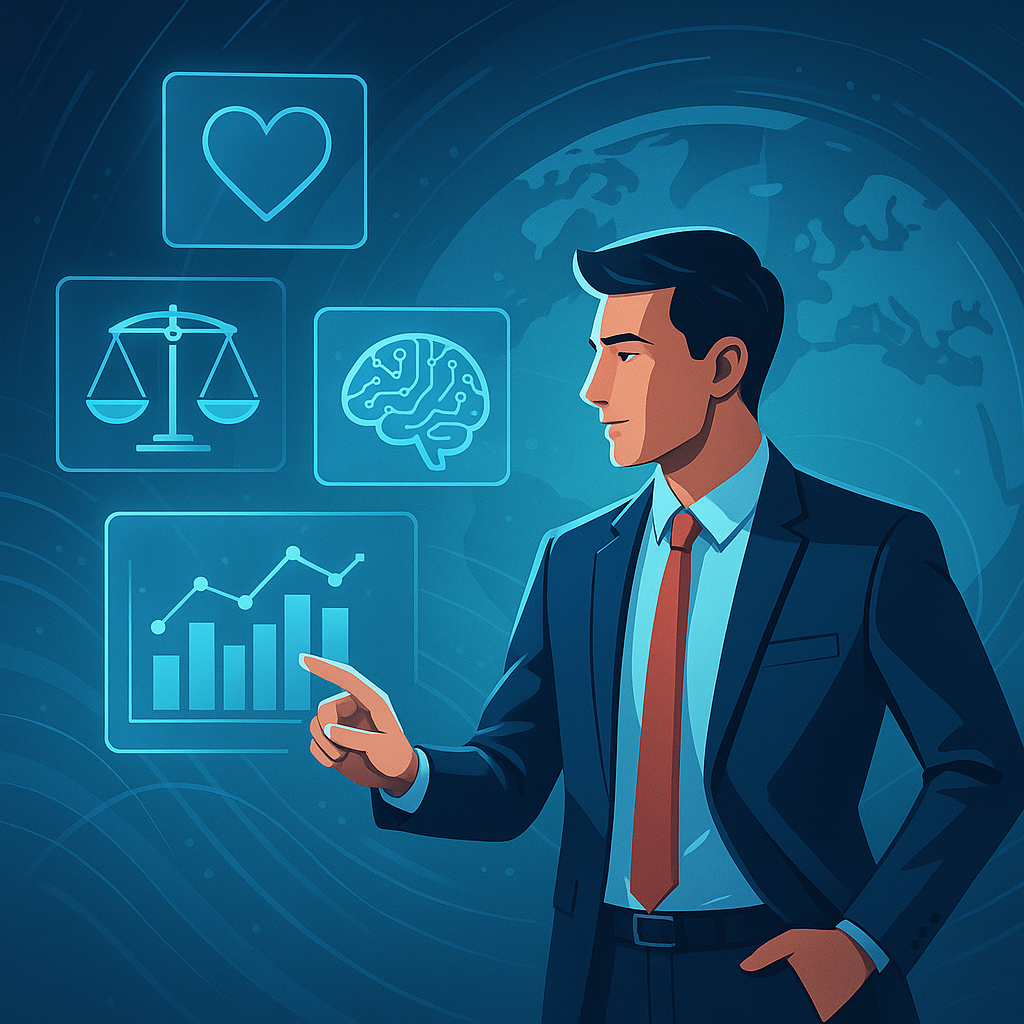
Revolutionizing Tomorrow: AI and Cutting-Edge Technologies in 2025
The Dawn of a New Era: Defining the Best AI and artificial technology
As we move deeper into 2025, artificial intelligence and related technologies have transcended their experimental phases, becoming indispensable tools that shape how society advances. The "best AI" today is characterized not only by power and speed but also by adaptability, ethical consideration, and cross-disciplinary integration. Paired with cutting-edge artificial technologies — from quantum computing to neurotechnology — these breakthroughs are setting the stage for a transformed global landscape.
Key Innovations Driving Transformation in 2025
1. Adaptive Neural Architectures
Modern AI has shifted beyond static models. Adaptive neural architectures now mimic the human brain’s plasticity, allowing AI systems to recalibrate in real time to changing inputs and contexts. For instance, advanced language models can now fluidly adjust to cultural nuances without explicit retraining, enhancing global communication tools and multilingual interfaces.
2. Quantum-Enhanced Artificial Intelligence
Quantum computing has started to accelerate AI processing, delivering exponential boosts in complex problem-solving. In 2025, the fusion of AI algorithms with quantum processors enables breakthroughs in cryptography, molecular simulations for drug discovery, and optimization problems previously deemed intractable.
3. Brain-Computer Interfaces Empowered by AI
Artificial technology now extends into seamless integration between humans and machines. The latest brain-computer interfaces, powered by AI decoding algorithms, permit more intuitive control over devices and foster cutting-edge medical therapies for neurological conditions. These interfaces are facilitating enhanced cognitive augmentation and new forms of interaction beyond traditional input methods.
4. AI-Driven Autonomous Systems in Complex Environments
Autonomous agents today are no longer confined to predictable environments. Leveraging best AI models, these systems operate reliably amid real-world unpredictability — from agricultural drones adapting to weather patterns to delivery autonomous vehicles navigating urban challenges. Such flexibility is reshaping logistics, farming, and urban planning.
5. Synthetic Biology Meets AI
Artificial intelligence has become a cornerstone in synthetic biology, enabling the design of novel biological systems with precision. Machine-learning models accelerate gene editing projects, optimize synthetic pathways, and predict biological interactions, holding promise for sustainable materials, biofuels, and medical breakthroughs.
Revolutionizing Industries with the Best AI
Healthcare: Personalized and Predictive Medicine
The convergence of AI and artificial technologies enhances diagnostics, treatment planning, and patient monitoring. AI systems now analyze vast multi-modal datasets — including genomics, imaging, and wearable sensors — to tailor interventions uniquely suited to individuals, improving outcomes while reducing costs.
Energy: Smarter, Sustainable Solutions
AI-enabled grids optimize renewable energy distribution, predict consumption trends, and adapt in real time to environmental variations. Coupled with innovations in material science and IoT, these technologies are driving a transition to greener, more resilient energy infrastructures.
Education: Immersive and Adaptive Learning Environments
Next-generation AI personalizes educational content, responding dynamically to learners’ styles and pace. Artificial technology has powered immersive virtual and augmented reality classrooms, fostering experiential learning and global access to quality education.
Manufacturing: Agile, Intelligent Production
Smart factories employ AI-driven robotics and predictive maintenance to boost efficiency. Artificial technologies now facilitate rapid prototyping and customizable production at scale, enabling manufacturers to respond swiftly to market demands.
Ethical and Societal Dimensions
While the best AI and artificial technologies unlock incredible possibilities, they also surface critical ethical considerations. Transparent AI systems, respect for privacy, and mitigating bias remain paramount. Interdisciplinary collaborations between technologists, ethicists, and policymakers are essential to foster responsible innovation that benefits humanity broadly.
Conclusion: Shaping a Future of Infinite Possibilities
2025 stands as a pivotal year where the synergy of best AI and cutting-edge artificial technologies is revolutionizing how societies function and innovate. The continuous refinement of adaptive intelligence, quantum computing integration, and human-machine interfaces herald a future rich with unprecedented capabilities. Embracing these advances with conscious ethical stewardship will ensure that the transformative power of AI shapes a world that is not only more efficient and intelligent but also more inclusive and sustainable.







